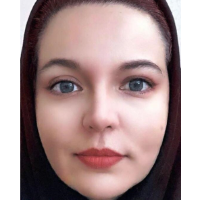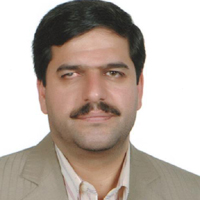Assessing the efficacy of herbal supplements for managing obesity: A comprehensive review of global clinical trials
Obesity remains a significant worldwide health concern, and further research into other strategies, including herbal weight-loss medications, is necessary. By reviewing clinical trials, this study aims to evaluate the effectiveness of herbal medicines for weight loss or obesity. A comprehensive search was conducted using multiple databases. Clinical trials evaluating the effects of herbal medicines on weight loss or obesity management were included. Relevant data, such as study design, intervention details, and outcome measures, were extracted and analyzed. The use of herbal medicines exhibited varying efficacy in promoting weight loss or managing obesity. Some herbal interventions significantly reduced body weight, body mass index (BMI), and waist circumference. Notably, these interventions led to decreases in fasting blood glucose (FBG) and homeostatic model assessment of insulin resistance (HOMA-IR), regulating insulin levels while increasing levels of catalase (CAT) and glutathione (GSH). Additionally, reductions in inflammatory markers such as high-sensitivity C-reactive protein (hs-CRP) and tumor necrosis factor-alpha (TNF-α) were observed, indicating a potential anti-inflammatory effect. Mechanisms of action included appetite regulation, fat oxidation, increased satiety, enhanced insulin sensitivity, and modulation of lipid metabolism. However, it is important to note that these herbal interventions’ efficacy and safety profiles may vary among different population groups. The findings suggest that certain herbal medicines hold promise as adjunctive therapies for weight loss and obesity management. However, comprehensive and targeted research efforts are warranted to determine these herbal interventions’ optimal use, dosages, and long-term effects in specific population subgroups.
-
Exploring the role of curcumin, nanocurcumin, and a PPAR agonist in preventing paraquat-induced systemic inflammation and oxidative stress in rats
, Mohammadehsan Taghavizadeh Yazdi, Sima Beigoli, Hamideh Amin, Mohammadhossein Boskabady *
Iranian Journal of Basic Medical Sciences, Jul 2025 -
Advancing cancer treatment with nanozyme frameworks: Integrating photothermal, photodynamic, sonodynamic, and chemodynamic therapies
Seyed Mohammadmahdi Rais Sadati, Javad Zamanian, Mohamad Moshiri, , Khalil Abnous, Seyed Mohammad Taghdisi, Leila Etemad *
Iranian Journal of Basic Medical Sciences, May 2025 -
Protective role of zeaxanthin on acrylamide-induced neurotoxicity in Wistar rats
Zoha Mortazavi, , Soghra Mehri, Hossein Hosseinzadeh *
Avicenna Journal of Phytomedicine, Mar-Apr 2025 -
Association between Metabolic Syndrome and Its Components with Cardiovascular Disease Risk in the MASHAD Cohort Study Population
Zahra Asadi, Hamideh Ghazizadeh, Ameneh Timar, Mohammadamin Khodadadegan, Hamed Ghazavi, Mohammad Nasrabadi, Toktam Sahranavard, Mohammadreza Fazlmashhadi, Mohammadamin Mohammadi, Arezoo Rastegar-Moghadam, Ali Ebrahimi Dabagh, Sara Moazedi, Shadi Kadkhoda-Ahmadi
Journal of Cardio -Thoracic Medicine, Winter 2025




